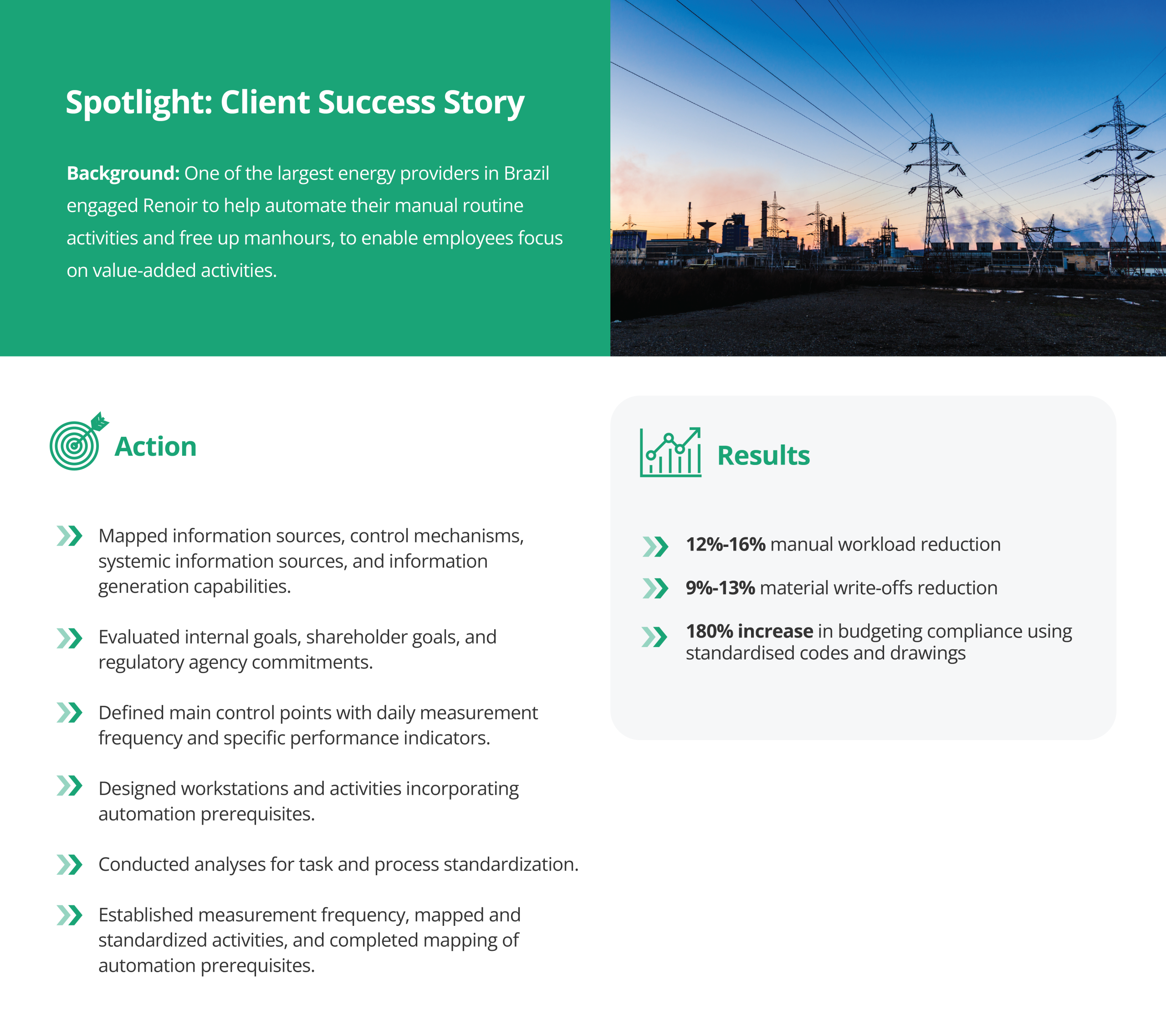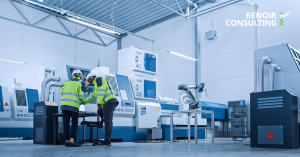The manufacturing sector plays a significant role in the Brazilian economy, accounting for around 11% of the country’s gross domestic product (GDP). Given its importance as a key driver of economic activity, we can be sure that the sector is well organised. However, many manufacturers struggle with fragmented operational and commercial systems that create inefficiencies and prevent real-time decision-making.
This fragmentation often affects sales teams, who end up spending excessive time on administrative tasks instead of customer-facing activities. This delays response times and lowers service quality.
Unifying core business functions
Brazil’s complex regulatory environment and competitive marketplace make a unified sales system supported by digital tools essential for ensuring compliance and agility. Enterprise Resource Planning (ERP) integration is key to unifying sales and commercial processes. Modern ERP platforms act as a digital backbone, connecting areas such as manufacturing, finance, sales, inventory, and customer service.

Improve project profitability with root cause analysis

Removing Supply Chain Inefficiencies for Enhanced Performance

Management system drives efficiency and contractor compliance

Ready for a change in your organisation?
It is important to choose an ERP system that supports deep integration with manufacturing execution, logistics and commercial automation systems. It is beneficial to understand some of ERP’s key capabilities, including real-time visibility of inventory, production status, order fulfilment and customer orders; role-based dashboards tailored to different departments; and predictive analytics and AI-powered insights, such as forecasting sales trends and anticipating supply chain disruptions.
Renoir has thirty years of experience and has completed and delivered hundreds of consulting projects across various sectors, including manufacturing. We also help clients implement unified sales systems powered by advanced ERP solutions, ensuring compliance and operational agility.
Our tried-and-tested strategies include:
Conduct an As-Is System Assessment and Outline Strategic Goals
Before implementing or integrating an ERP system, organisations need to have a clear understanding of the current ‘as-is’ state through analysis. This phase should include auditing the system by mapping existing sales, operational and commercial systems to identify any gaps or inefficiencies caused by fragmentation. Next, outline the desired outcomes of unification to align ERP and digital tools. Finally, evaluate and select an ERP platform with strong manufacturing credentials that offers flexible integration via APIs.
Digitalise Sales and Operational Processes
Digitalising sales processes can enhance customer engagement, optimise lead management and facilitate performance tracking. This improves the accuracy of execution across teams. Connect CRM, e-commerce, and sales automation tools with the ERP to achieve this. This enables seamless data exchange and ensures a single source of truth. Next, implement digital solutions for detailed sales planning and tracking of customer interactions. You can also incorporate channels such as WhatsApp to improve customer engagement. Finally, develop performance dashboards with relevant KPIs sourced from the integrated systems.
Implement Change Management and Drive Continuous Improvement
Successful technology requires a people-centred approach to change management and a commitment to ongoing development. Therefore, it is important to engage stakeholders early on. Where necessary, provide role-based digital adoption training and cultivate an open culture to ensure technology is adopted successfully.
At a later stage, hold structured review meetings and implement closed-loop feedback systems to link outcomes to activities and identify root causes to resolve problems quickly. Use ERP dashboards and behavioural audits to promote a culture where decisions are driven by factual data.

Read more about the case study here
Renoir has extensive experience in integrating ERP systems across a variety of industries. The above case study demonstrates our strength and experience in process automation and data standardisation, the latter of which is aligned with the single source of truth provided by ERP systems, as well as with compliance. Our change management experts ensure strong internal alignment, working alongside your teams to ensure that all changes are fully adopted, leaving a lasting legacy long after the project ends.
Lead with agility, not complexity. Integrate sales and operations through ERP to eliminate silos and stay ahead in a demanding market.










